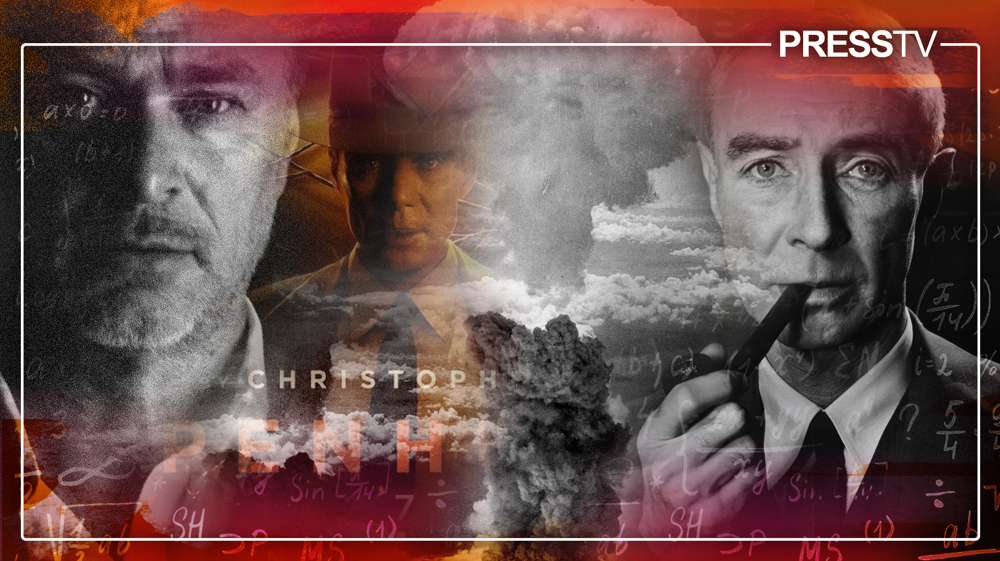"...
Between the two devastating bombings too, the Soviet Union invaded Manchuria and immediately began obliterating the mighty Kwantung Army.
The Japanese were already well aware Washington was willing and able to raze their country to the ground.
On March 9th, 1945, the US Air Force firebombed Tokyo, which incinerated 16 square miles of the city, killed 100,000 and left one million residents homeless.
It remains today the single most destructive bombing raid in human history. A staggering 99.5% of the city of Toyama was destroyed in a US firebombing attack on August 1st.
Yet, records of an urgent meeting held by Japanese officials on the morning of August 9th indicate that Tokyo’s overwhelming concern was the Soviet invasion.
The atomic bomb that struck Hiroshima three days earlier was barely discussed.
Concurrently, Japan’s Supreme War Council also met. An army representative declared that they had intelligence suggesting the US possessed 100 more atomic bombs, and Tokyo was their next target.
The prospect troubled attendees significantly less than the Red Army’s presence in Manchuria.
The Soviet invasion was pivotal to Tokyo’s August 10th acceptance of the Potsdam Declaration, which threatened “utter destruction of the Japanese homeland” in lieu of unconditional surrender.
Three days later, Japanese premier Kantaro Suzuki explained that rapid capitulation was vital as, “the Soviet Union will take not only Manchuria, Korea, Karafuto, but also Hokkaido. This would destroy the foundation of Japan. We must end the war.”
Accordingly, for many years, a nuclear weapons exhibit at the National Museum of the US Navy was replete with a plaque, which stated:
“The vast destruction wreaked by the bombings of Hiroshima and Nagasaki and the loss of 135,000 people made little impact on the Japanese military. However, the Soviet invasion of Manchuria changed their minds.”
That plaque has now vanished. So too has all consideration of the Soviet Union’s enormous contribution to the defeat of Nazi Germany and Imperial Japan in Western public consciousness.
This is no accident. Opinion polls in the immediate aftermath of the conflict show Europeans were contemporaneously under no illusion that Hitler, Hirohito, and Mussolini would’ve prevailed, were it not for the incalculable sacrifice of the Soviet people and Red Army.
The role of Britain and the US was considered effectively irrelevant.
Fittingly, one of the key mechanisms through which the US manipulates global audiences about the realities of World War II - and much, much else besides - is cinema.
The CIA, FBI, Pentagon, and individual branches of the US military all boast dedicated “entertainment liaison offices”, which over the past century have influenced the content of thousands of movies, documentaries, TV serials and other entertainment products.
As a result, a highly specific version of reality past and present, reflecting Washington’s national security interests, is constantly broadcast internationally."



Ty man👍